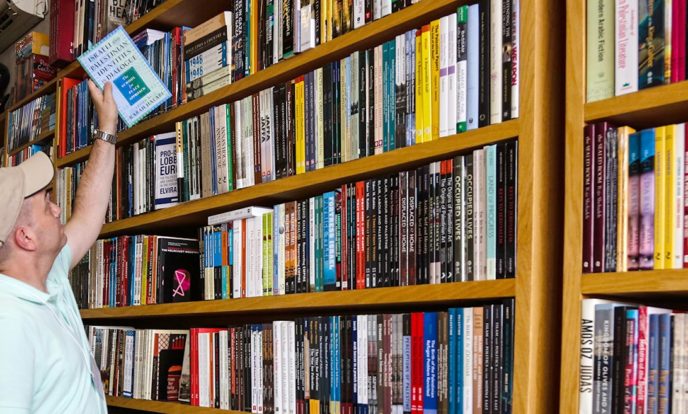Encounter’s Framework
Encounter’s approach to communicating in conflict aims to create a framework in which deeply contentious and charged topics can be explored respectfully by people of diverse ideological viewpoints. This approach helps us to frame questions in ways that speakers are able to hear and answer to the best of their ability, and allows us to reframe comments and statements in order to access our genuine questions.
This approach is designed to help us:
- Hear and learn things we might otherwise miss, and
- Ask challenging questions in ways that can be heard by the person being addressed.
We have found that using this framework, while it may feel counterintuitive at first, can actually liberate us. First, we are forced to clarify for ourselves and for others the burning question at the heart of our discomfort or curiosity; second, we are able to communicate more openly because we are no longer afraid of offending. Encounter’s approach enables us to ask the most challenging questions in ways that are respectful, genuine, and open.



